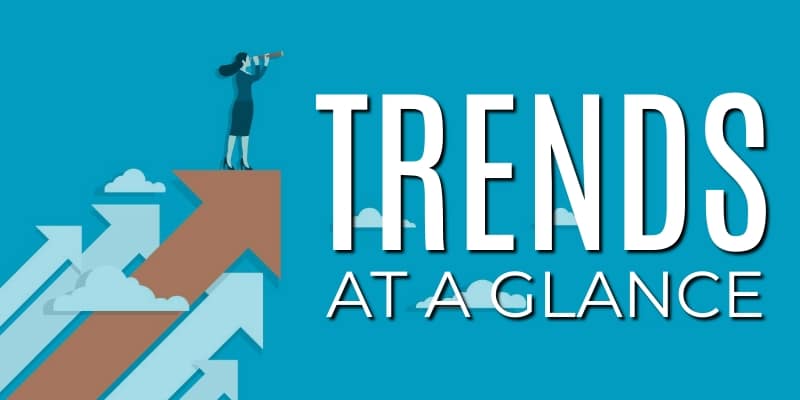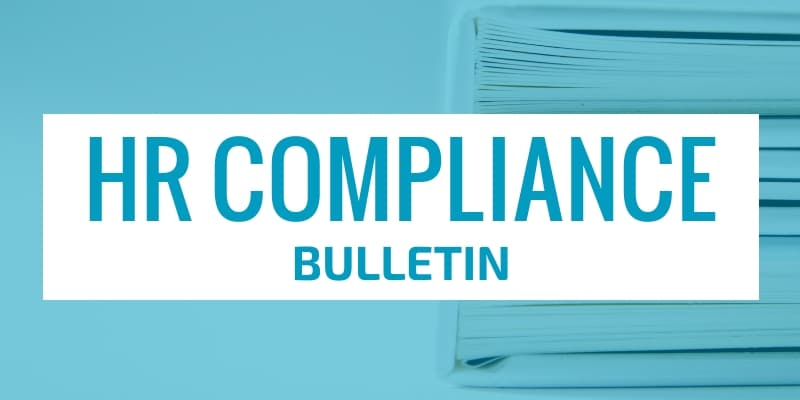 According to the Bone and Joint Initiative USA, nearly 1 in 2 Americans over the age of 18—or 124 million people—have a musculoskeletal disorder. And, according to OSHA, work-related musculoskeletal disorders are among the most common disability claims.
According to the Bone and Joint Initiative USA, nearly 1 in 2 Americans over the age of 18—or 124 million people—have a musculoskeletal disorder. And, according to OSHA, work-related musculoskeletal disorders are among the most common disability claims.
What are musculoskeletal disorders?
Musculoskeletal disorders (MSDs) refer to a variety of conditions that affect your joints, bones and muscles. According to the World Health Organization, there are more than 150 conditions that are considered MSDs, the most common being osteoarthritis, back and neck pain, fractures and systemic inflammatory conditions (e.g., rheumatoid arthritis).
 The Internal Revenue Service (IRS) Released Final 2020 Forms And Instructions For Reporting Under Internal Revenue Code (Code) Sections 6055 And 6056.
The Internal Revenue Service (IRS) Released Final 2020 Forms And Instructions For Reporting Under Internal Revenue Code (Code) Sections 6055 And 6056.

 What Is Self-funding? An employer has a self-funded (or self-insured) group health plan if the employer assumes the financial risk associated with providing health care benefits to its employees.
What Is Self-funding? An employer has a self-funded (or self-insured) group health plan if the employer assumes the financial risk associated with providing health care benefits to its employees. Many health plans provide coverage for employees’ dependent children. Since 2010, the Affordable Care Act (ACA) has imposed strict requirements on plans that provide dependent coverage. These requirements prohibit restrictions that employers had frequently used to limit dependents’ eligibility for coverage prior to 2010.
Many health plans provide coverage for employees’ dependent children. Since 2010, the Affordable Care Act (ACA) has imposed strict requirements on plans that provide dependent coverage. These requirements prohibit restrictions that employers had frequently used to limit dependents’ eligibility for coverage prior to 2010. According to the Bone and Joint Initiative USA, nearly 1 in 2 Americans over the age of 18—or 124 million people—have a musculoskeletal disorder. And, according to OSHA, work-related musculoskeletal disorders are among the most common disability claims.
According to the Bone and Joint Initiative USA, nearly 1 in 2 Americans over the age of 18—or 124 million people—have a musculoskeletal disorder. And, according to OSHA, work-related musculoskeletal disorders are among the most common disability claims.